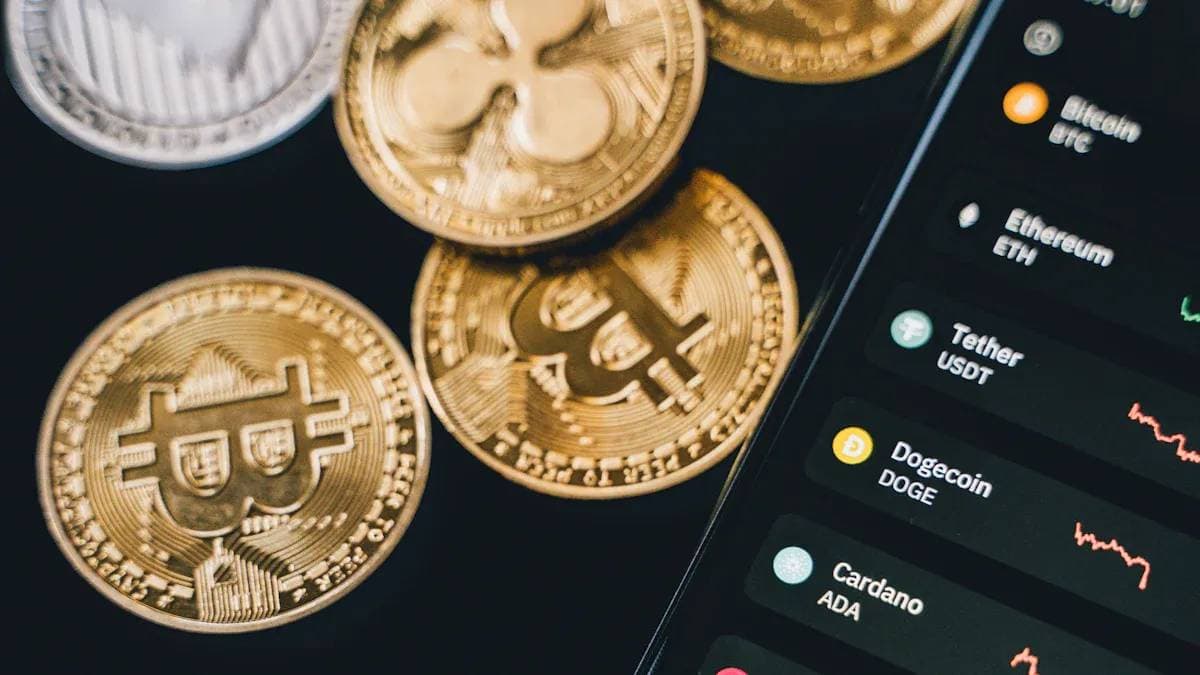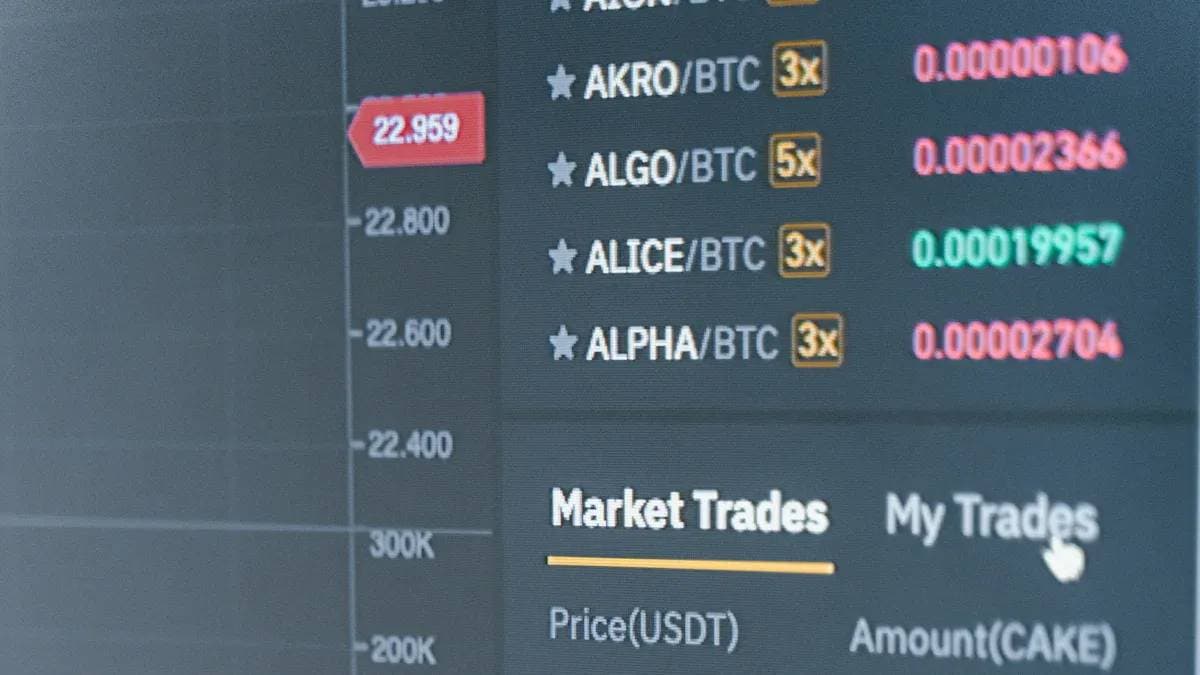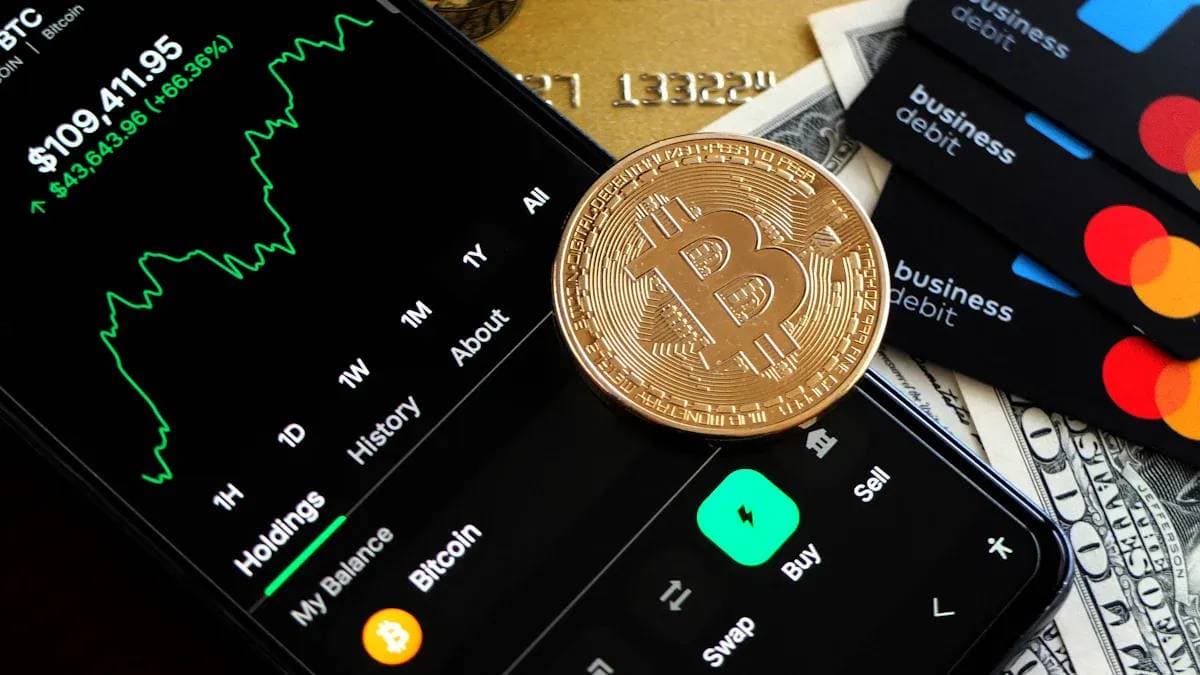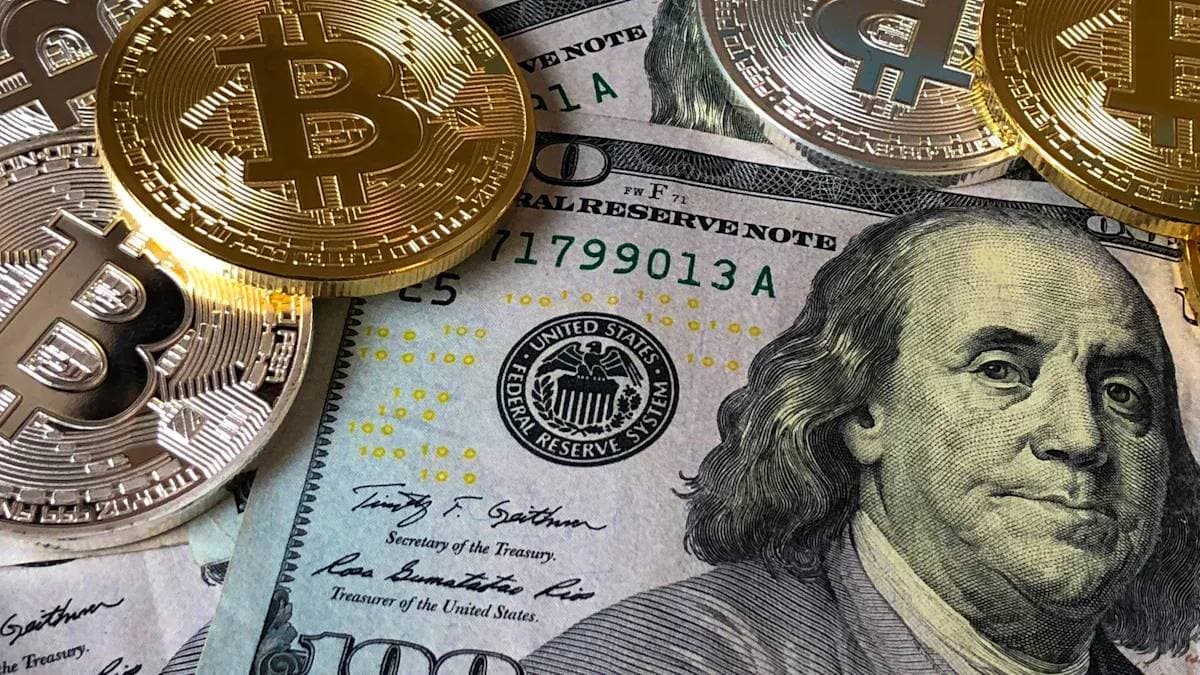- EasyCard
- Trade
- Help
- Announcement
- Academy
- SWIFT Code
- Iban Number
- Referral
- Customer Service
- Blog
- Creator
Western Union safety tips for international transfers

Image Source: pexels
You can trust Western Union when you want to send cash or send money to friends or family worldwide. Western Union safety remains a top priority, processing over $70 billion in payments each year, which is about 13% of all international money transfers. While sending money online or choosing to send cash at a location, you must stay alert. Even with strong western union safety systems, scams exist. In recent years, Western Union returned over $420 million to scam victims. Always verify before you send money or send cash, and use secure western union tools for sending money online.
Key Takeaways
- Western Union uses strong security measures like identity checks, encryption, and fraud monitoring to protect your money and data.
- Always verify the recipient’s details before sending money to avoid mistakes and scams.
- Use official Western Union channels such as their website, app, or agent locations to send and receive money safely.
- Keep your account information private by using strong passwords and enabling two-factor authentication.
- Stay alert for common scams and report any suspicious activity to Western Union immediately to protect yourself.
Western Union Safety

Image Source: unsplash
Is Western Union Safe?
You want a trusted online money transfer platform when sending money across borders. Western Union stands out as a reputable and reliable platform for international money transfers. You can find Western Union in over 200 countries, with more than 550,000 agent locations. This global network helps people send and receive money, even in places where digital banking is not common.
Many people trust Western Union because it has served customers for over 160 years. The company holds an ‘excellent’ rating on Trustpilot, based on over 16,000 reviews. You can reach customer service 24/7 by phone, which adds another layer of support. Western Union also provides an online security center and a fraud hotline to help you stay safe.
Tip: Always check that your money transfer provider is regulated by financial authorities. Western Union follows strict rules set by organizations like the New York State Department of Financial Services in the US, the FCA in the UK, and the Austrian Financial Markets Authority. These rules help protect your money and personal information.
Western Union safety features include two-factor authentication, real-time fraud monitoring, and 256-bit encryption. You can send money online or in person, and the process is straightforward. While fees and exchange rates may be higher than some online services, Western Union safety remains a top priority. No major security incidents have been reported, unlike some other providers.
Security Pillars
Western Union builds its safety features on three main pillars. These pillars work together to protect your money and information every time you use this trusted money service.
- Customer Identity Verification
Western Union uses strong identity verification to keep your transfers safe. If you send more than $1,100 USD (based on current exchange rates), you must verify your identity with a photo ID through a secure video chat. Once verified, you can send up to $55,000 USD. This step helps prevent fraud and ensures only you can send money from your account. - Data Encryption
Western Union protects your personal and financial data with advanced encryption. The company uses Transport Layer Security (TLS) to secure your information during every transaction. Sensitive details like your user ID, password, and credit card number stay safe from hackers. - Combating Illegal Activities
Western Union monitors all transfers for signs of illegal activity. The company checks transactions against government watchlists and investigates anything suspicious. Employees and partners receive training to spot fraud and other crimes. Western Union works closely with law enforcement to stop activities like terrorist financing, drug trafficking, and human smuggling.
Note: Western Union follows rules from national and international regulators. In the United States, agencies like FinCEN and the CFPB oversee money transfer companies. International groups such as the Financial Action Task Force (FATF), IMF, and World Bank also set standards for safety.
You benefit from these safety features every time you use Western Union. The company’s global network, strict compliance, and advanced technology make it a leader in western union safety. You can send money with confidence, knowing that your transfer is protected by strong security measures.
Security Features
Encryption Technology
Western Union uses advanced encryption and security protocols to protect your information every time you send money. The company stores your personal data in secure databases and uses encryption to keep it safe. You can trust that your details, such as your login and payment information, stay private during every transaction.
- Western Union uses Transport Layer Security (TLS) to encrypt your data.
- TLS protects your sensitive information from hackers and keeps your financial transactions safe.
- This technology prevents eavesdropping and data tampering.
- You see a padlock symbol in your browser when you use Western Union online, showing that your connection is secure.
Western Union commits to keeping your information safe by using organizational, technical, and administrative safeguards. Only employees and agents who need your information can access it. While no system is perfect, these safety features make unauthorized access very difficult.
Identity Verification
Western Union takes identity verification seriously. You must register and verify your identity to increase your transfer limits and improve security. This process is quick and helps protect your account from fraud. You need to provide accurate details, such as your name and contact information. If you send money to a bank account, you must enter the recipient’s bank details.
Western Union adapts its identity verification process to meet local regulations in over 200 countries. Sometimes, you may need to show a photo ID or state the purpose of your transfer. This flexible approach helps Western Union balance security, customer experience, and compliance.
Fraud Detection
Western Union uses strong fraud prevention systems to keep your money safe. The company monitors every transaction for signs of fraud. Machine learning helps spot unusual patterns and block suspicious activity. Western Union also works with other companies to share information about new fraud tactics.
- Western Union’s safety features include real-time monitoring and alerts.
- The company checks transactions against government watchlists.
- Employees receive training to recognize and stop fraud.
You can feel confident using Western Union because these safety features protect your money and personal information at every step.
Safety Tips
Verify Recipients
You should always confirm your recipient details before you send money. Double-check the spelling of the recipient’s name and make sure it matches their government-issued ID. If you send cash to the wrong person, it can be difficult to recover your funds. Only send money to people you know and trust. Scammers often pretend to be friends or family members, so take time to verify their identity. If someone asks you to send money for an emergency or a prize you did not expect, pause and check with the person directly. Never send money to someone you have not met in person.
Tip: Always ask your recipient to confirm their details before you complete the transfer. This step helps prevent mistakes and keeps your money safe.
Secure Payment Methods
When you send money with Western Union, you have several secure payment methods to choose from. Electronic money transfers, such as wire transfers, mobile wallets, and money transfer apps, use encryption and advanced security features. These options protect your personal information and make sending money online safer. Mobile wallets often use biometric security, like facial recognition, to add another layer of protection. If you need to send cash or paper-based payments, use insured and traceable mailing options, such as certified or registered mail. Always use reputable services and avoid sending money through unknown channels.
- Electronic money transfers (wire, mobile wallets, apps) use encryption.
- Mobile wallets offer fraud detection and biometric security.
- Paper-based methods like cashier’s checks and money orders are secure when mailed with insurance and tracking.
- Western Union’s app provides secure payment options and near-instant transfers.
Choose the method that best fits your needs, but always make sure you use secure payment methods to protect your funds.
Keep Information Private
Protect your personal and financial information every time you send money or send cash. Never share your user ID, password, or financial details by email or text message. Scammers often use phishing emails to trick you into giving away sensitive information. Always check the sender’s email address and avoid clicking on suspicious links. Western Union will never ask for your login or financial details through email. Create strong, unique passwords for your accounts and keep them in a safe place. Do not write them down where others can find them.
- Never share your user ID or password.
- Only send money to people you know.
- Watch out for phishing emails and fake websites.
- Use strong passwords that are hard to guess.
Alert: If you receive a suspicious message about your Western Union account, contact customer service right away.
Track Transfers
After you send money, you should track your transfer to make sure it reaches the right person. Western Union gives you a unique 10-digit Money Transfer Control Number (MTCN) on your receipt. You can enter this number on the Western Union website or mobile app to see real-time updates, such as “in progress,” “available,” “paid,” or “delivered.” Share the MTCN only with your recipient, who will need it and a government-issued ID to collect the funds at an agent location. If you lose the MTCN, you can still track your transfer by providing the sender and receiver names, transfer amount, date, and receiver’s country. You can also sign in to your Western Union account and check your transaction history for more details. The Western Union app makes it easy to track your transfer anytime. If you have trouble, customer service can help you confirm the status of your money transfer.
Note: Always keep your MTCN private and never share it with anyone except your intended recipient.
Avoiding Scams

Image Source: pexels
Common Scams
You need to watch out for many scams when using Western Union. Scammers often target people who send money through this service. Some of the most common scams include:
- Elderly scams: Scammers pretend to be a grandchild or relative in trouble and ask for money.
- Social Security, IRS, or government scams: Someone claims to be an official and demands payment or personal information.
- Romance scams: Scammers use fake dating profiles to build trust and then ask for money for emergencies or travel.
- Secret shopper scams: You receive a fake check and instructions to send money orders or gift cards.
- Advance fee frauds: Scammers say you must pay fees or taxes to get lottery winnings or inheritances.
- Online purchase scams: You pay for goods or services that never arrive.
- Emergency scams: You get urgent requests for money due to fake emergencies.
- Other scams include money mules, mobile deposit fraud, and unauthorized ACH debits.
Western Union has seen many victims lose money to these scams. In recent years, over $404 million USD has been returned to more than 174,000 victims. Some Western Union agents even helped scammers, which led to legal action and large fines.
Warning Signs
You can spot scams if you know what to look for. Here are some warning signs:
- You get a request to send money urgently, especially from someone you have never met in person.
- The message has poor grammar or spelling mistakes.
- Someone asks you to pay for lottery winnings, rental deposits, or job offers.
- You receive emails or texts from unknown senders with links or attachments.
- Scammers ask for personal or financial information.
- You feel pressured to act quickly or keep the request secret.
Tip: Only send money to people you know and trust. Never respond to strangers asking for money transfers.
What to Do
If you think you are a target of scams, act fast:
- Contact Western Union right away. Call the Fraud Hotline at 1-800-448-1492.
- Forward suspicious emails to spoof@westernunion.com.
- Tell your bank or credit card company if you sent money or shared information.
- Report the scam to local law enforcement and the Federal Trade Commission (FTC).
- Change your passwords if you shared any personal details.
| Aspect | Details |
|---|---|
| Total Forfeiture Amount | $586 million USD forfeited by Western Union to compensate victims of scams involving Western Union transfers. |
| Total Distributed to Date | Over $404 million USD disbursed to more than 174,000 victims. |
| Types of Scams Involved | Grandparent scams, lottery/sweepstakes scams, romance scams, and more. |
You can help stop scammers by reporting every suspicious message or request. Western Union may not be able to refund money once sent, so always stay alert and protect yourself from online scams.
Protecting Your Money
Use Official Channels
You should always use official Western Union channels when you send money. This helps protect your money and personal information. Scammers often create fake websites or apps that look like the real thing. These fake sites may have poor design, spelling mistakes, or strange web addresses. If you use unofficial sites, you risk losing money or having your identity stolen. Only trust the following official ways to send money or receive funds:
- Online through the Western Union website or mobile app
- In person at Western Union agent locations
- By phone using Western Union’s official service
- Sending money to an inmate through approved channels
To receive money, you can:
- Pick up cash at an agent location
- Get a direct deposit into your bank account
- Receive funds in your mobile wallet
You can also find agent locations and track your money transfer using the official website or app. Always check for the padlock symbol in your browser and make sure you use the correct web address.
Tip: Never send money through links from emails or messages. Always go directly to the official Western Union website or app.
Account Security
You need to keep your Western Union account safe. Create a strong password that uses a mix of letters, numbers, and symbols. Change your password often and never share it with anyone. Enable two-factor authentication (2FA) for extra protection. This adds a step when you log in, making it harder for someone to access your account without your permission. Use an authenticator app instead of SMS codes for better security. If you get an unexpected 2FA alert, change your password right away.
- Use a secure internet connection when you send money
- Avoid public Wi-Fi unless you have no other choice
- Consider using a VPN for more privacy
- Check your transaction history often to spot anything unusual
Alert: Only approve 2FA requests you start. If you see something strange, act fast to protect your money.
Stay Informed
Scammers always look for new ways to trick people who use Western Union. You should stay updated on the latest scam tactics. Western Union shares tips and warnings on its fraud awareness page and blog. Look for signs like urgent requests to send money, offers that seem too good to be true, or messages from strangers. If someone claims to be a friend or family member in trouble, always check with them directly before you send money.
- Read Western Union’s blog posts about scams and fraud
- Watch for urgent requests or easy money offers
- Report any suspicious activity to your bank and local authorities
- Share your experiences to help others avoid scams
Visit the official Western Union fraud awareness page often. Staying informed helps you protect yourself and others from losing money.
You can protect your money by following western union safety tips. Always use official western union channels and stay alert for scams. The table below highlights the most important safety tips:
| Safety Tip | Explanation |
|---|---|
| Data Protection | western union encrypts your information to keep it safe. |
| Identity Verification | You must verify your identity before sending money. |
| Transfer Tracking | Track your transfer with the MTCN code. |
| Scam Awareness | western union cannot reverse transfers after pickup, so stay cautious. |
| Cooperation with Authorities | western union works with agencies to fight fraud. |
Follow these steps to reduce risk:
- Verify recipients before sending money with western union.
- Never share passwords or personal details.
- Track every transfer using western union tools.
Stay informed and report scams to western union right away.
FAQ
How do you know if your Western Union transfer is safe?
You can track your transfer using the Money Transfer Control Number (MTCN). Always use the official Western Union website or app. Never share your MTCN with anyone except your recipient.
What should you do if you suspect a scam?
Contact Western Union’s fraud hotline at 1-800-448-1492. Forward suspicious emails to spoof@westernunion.com. Report the scam to your bank, such as Hong Kong bank, and local authorities.
Can you cancel a Western Union transfer after sending?
You can cancel a transfer if the recipient has not picked up the money. Log in to your Western Union account or call customer service for help.
What documents do you need to receive money?
You need a government-issued photo ID. The name on your ID must match the name on the transfer. Some locations may ask for extra information.
Western Union’s robust security is reliable, but high fees and scam risks like phishing can complicate international transfers . BiyaPay, authorized by U.S. and New Zealand financial regulators, offers a safer, cost-effective alternative. Enjoy same-day transfers with fees as low as 0.5%, supporting 30+ fiat and 200+ digital currencies with transparent rates. Pay in 190+ countries with Biya EasyCard, compatible with Amazon, eBay, and PayPal, with no annual fee. Whether paying rent in Malaysia or shopping cross-border, BiyaPay ensures secure, low-cost transfers. Pair with travel insurance for peace of mind—register at BiyaPay today.
*This article is provided for general information purposes and does not constitute legal, tax or other professional advice from BiyaPay or its subsidiaries and its affiliates, and it is not intended as a substitute for obtaining advice from a financial advisor or any other professional.
We make no representations, warranties or warranties, express or implied, as to the accuracy, completeness or timeliness of the contents of this publication.




Contact Us
Company and Team
BiyaPay Products
Customer Services
BIYA GLOBAL LLC is a licensed entity registered with the U.S. Securities and Exchange Commission (SEC No.: 802-127417); a certified member of the Financial Industry Regulatory Authority (FINRA) (Central Registration Depository CRD No.: 325027); regulated by the Financial Industry Regulatory Authority (FINRA) and the U.S. Securities and Exchange Commission (SEC).
BIYA GLOBAL LLC is registered with the Financial Crimes Enforcement Network (FinCEN), an agency under the U.S. Department of the Treasury, as a Money Services Business (MSB), with registration number 31000218637349, and regulated by the Financial Crimes Enforcement Network (FinCEN).
BIYA GLOBAL LIMITED is a registered Financial Service Provider (FSP) in New Zealand, with registration number FSP1007221, and is also a registered member of the Financial Services Complaints Limited (FSCL), an independent dispute resolution scheme in New Zealand.




















